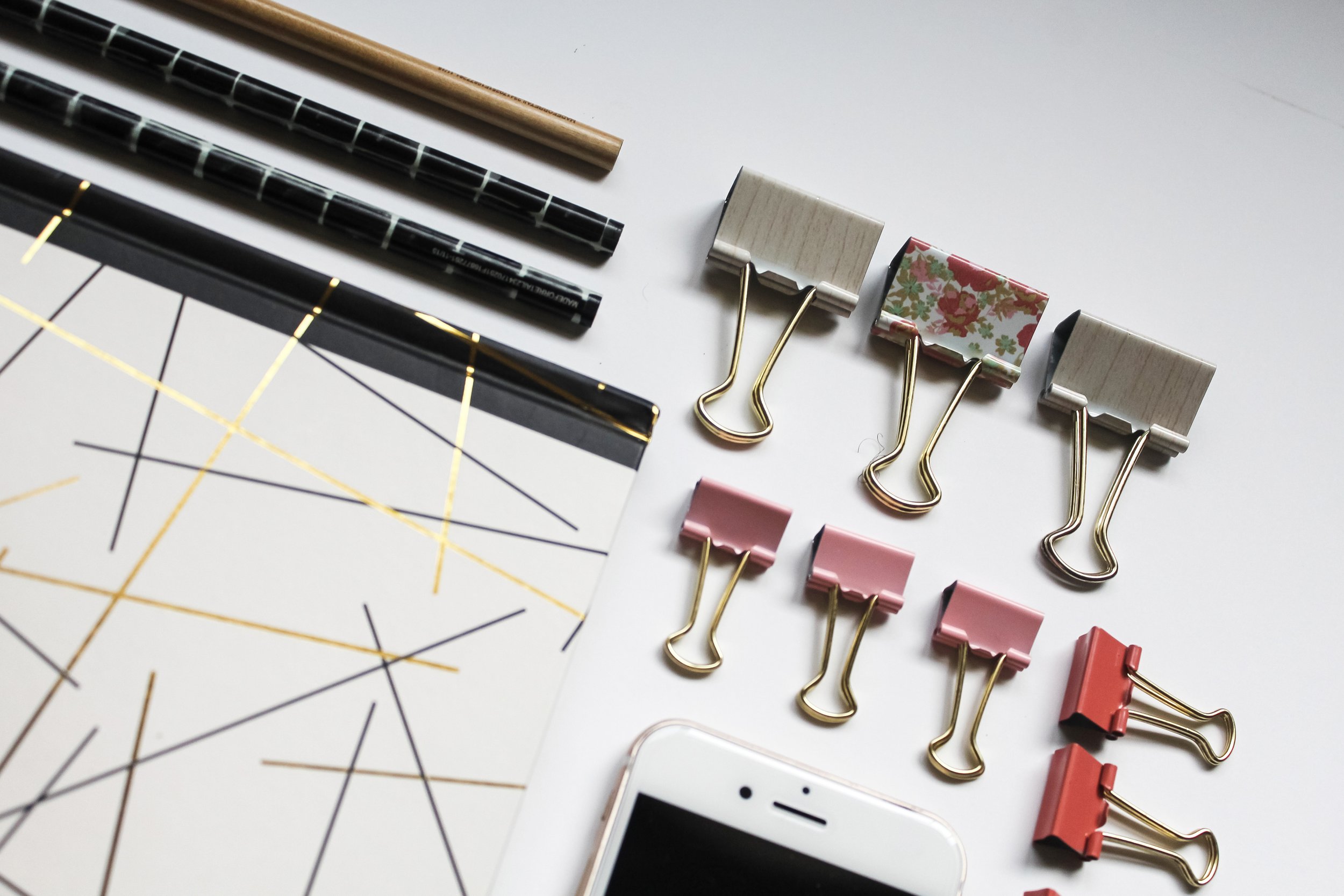Hello Everyone. My name is ___ and I am a recovering perfectionist
"Close your eyes! Open your hands, Mummy!" demanded my 6 year old daughter one Saturday morning as she eagerly shared another one of her precious works of art. She had been silently toiling away at it in her room for over an hour.
"Okay. Now, open them!" ... "I made this for you. Do you like it?" I smiled knowingly, slowly opened my eyes and excitedly exclaimed [like it was the first time this scene was being played out], "Oh, thank you darling! It is absolutely goooorrggeeouus!"
Without trying to break my smile, I snuck a quick glance down at her multi-colored fingers and palms, and then at the floor where a trail of itty bitty pieces of paper and glitter lay in her path. I breathed deeply and quietly reminded myself: It's the weekend, Nikkia; let her have her fun; remember it's about finding joy in the DOING; embrace the chaos.
Seeming to sense my struggle to keep things positive, she added empathetically: "Mummy, you don't have to worry about all of this. Remember, I am an artist, and sometimes artists have to make mess in order to create!" I was equal parts shocked at the maturity of her words AND inspired by how quickly the student was becoming the teacher. But mostly, I was super duper proud.
It is wonderful that she has found an outlet to express herself, without inhibition, at such a young age. And I admire that she sees so much beauty in imperfection (or rather, what the world has taught us to view as imperfect). Where others see drawing outlines as a clear indication of where color should begin and stop, she sees mere suggestions that need not be taken too seriously.
I feel slightly ashamed to admit this. But the truth is that in my daughter's early coloring days, my instinct was to say "nice job sweetie pie, but, see those lines? Let's try to color inside of them next time." Of course I didn't say this outloud. But I thought it, and that was enough for me to feel like I was doing a lousy job at embracing my daughter for who she was and nurturing her natural talents.
It was clear that I needed to work on myself and my perfectionist mindset before I could willingly accept the clutter, the fingerprints on the walls and the general chaos. I had to let go of my desire to want her to want order, neatness and perfection (read: be more like me).
My perfectionist tendencies went way back. It was a quality that was nurtured in me as a child and rewarded in school. It helped me remain focused and resilient after I'd graduated from university and then again, business school and desperately in search of a job.
I was the person who would look at an email endlessly to make sure that it was perfect before hitting the send button. And even after sending it out, I'd re-read it, then get angry at myself if I noticed a mistake that I did not catch before sending it out. And when a presentation was finished, I'd spend hours making it look like a consultant's presentation; fixating on font and formatting and slide titles like the future of the business depended on it. It was excruciating and time-sucking, but it also secretly made me very happy to do these things.
It took a near burnout for me to realize that striving for perfection not only stressed me out unnecessarily, but also made me look like a control freak who didn't know how to prioritize. A close friend recognized my patterns and was eager to share a road-tested solution with me. She knew that I was a junkie for constructive feedback and would want to "win" at implementing this. I am so happy that she shared this, because I've been passing it along to others ever since.
She said that I could relax to my standards to about 80% because, for many folks, my 80% looked pretty damn close to 100%. The value of that remaining 20% was almost non-existent. It may have made ME feel good, but it took time and energy to get there and was not seen to offer any substantial value over and above the 80%.
So I slowly started pulling back to test the waters. And you know what? No. One. Noticed. A. Difference. Not a soul.
- I did not get called out for sending emails with typos or presentations with wonky formatting. The message was received and understood.
- Something kind of strange also started happening. The more I shared my 60% or 80% finished work with my partners, the more involved they began to feel in my work and the easier it was for them to provide helpful feedback. It was as though showing NON-perfect work was a show of how comfortable and confident as I was in my work.
- Of course, if I was dealing with a priority project or communicating with a person or a group that were very high up in the pecking order, I buttoned up and gave 100% and spent that extra time where I needed to.
Today, I am proud to say that I am a recovering perfectionist. I prioritize where I need to put more focus and spend more time and where I can afford to do less - at home AND at work. And when I start slipping back into old habits, I think of my daughter's approach to her art and remind myself to let go and not take things so seriously.
So tell me, do you consider yourself a perfectionist or a recovering perfectionist? How has that affected the way you work - positively and negatively. Feel free to share your thoughts / stories in the comments section below.



